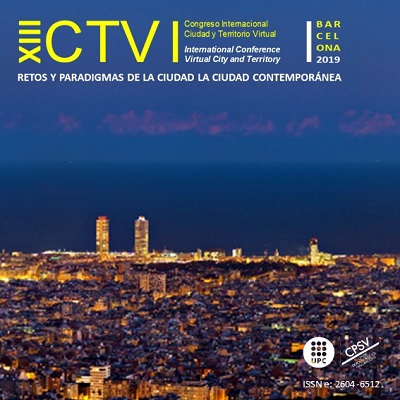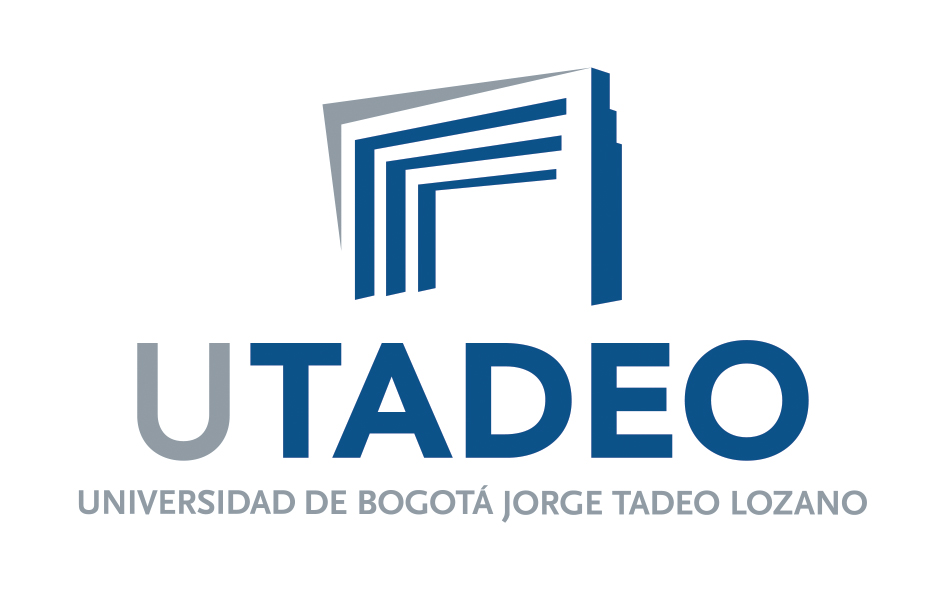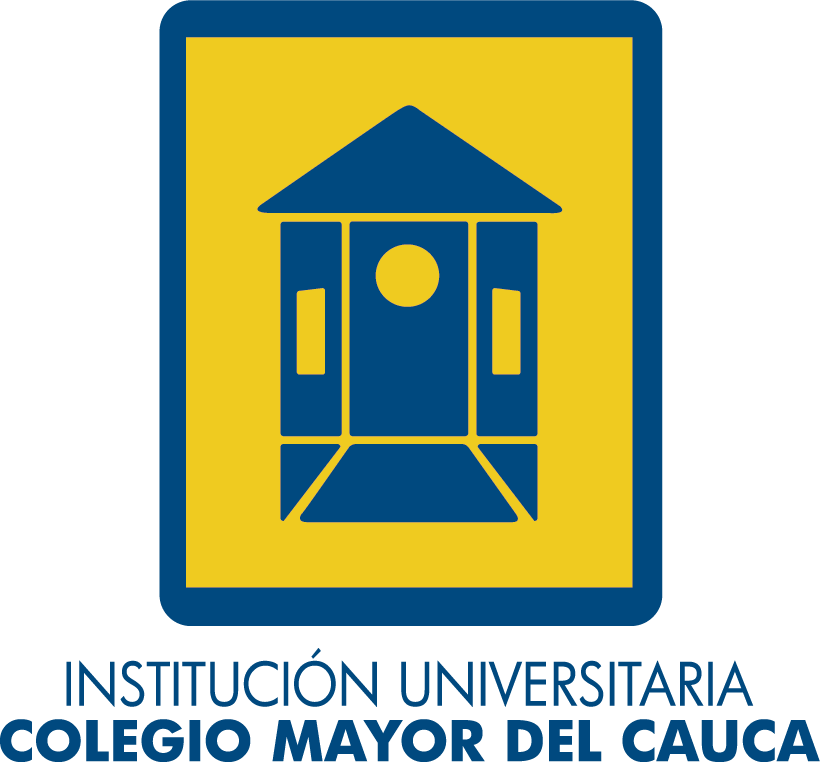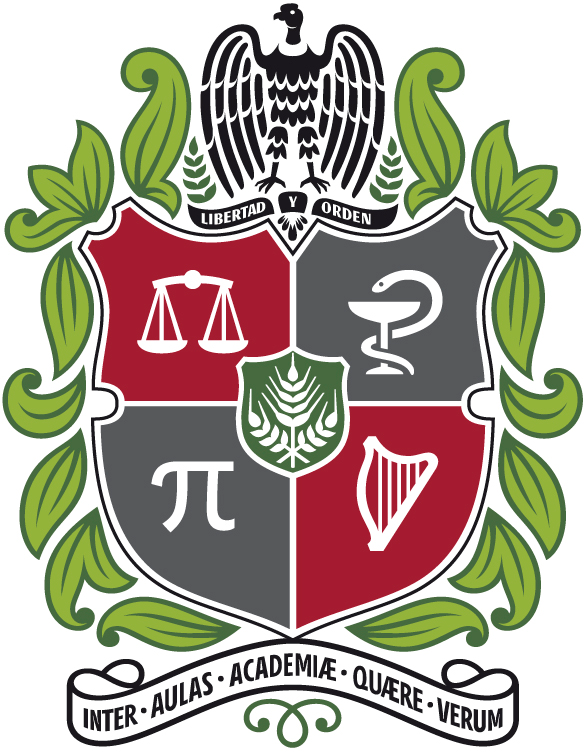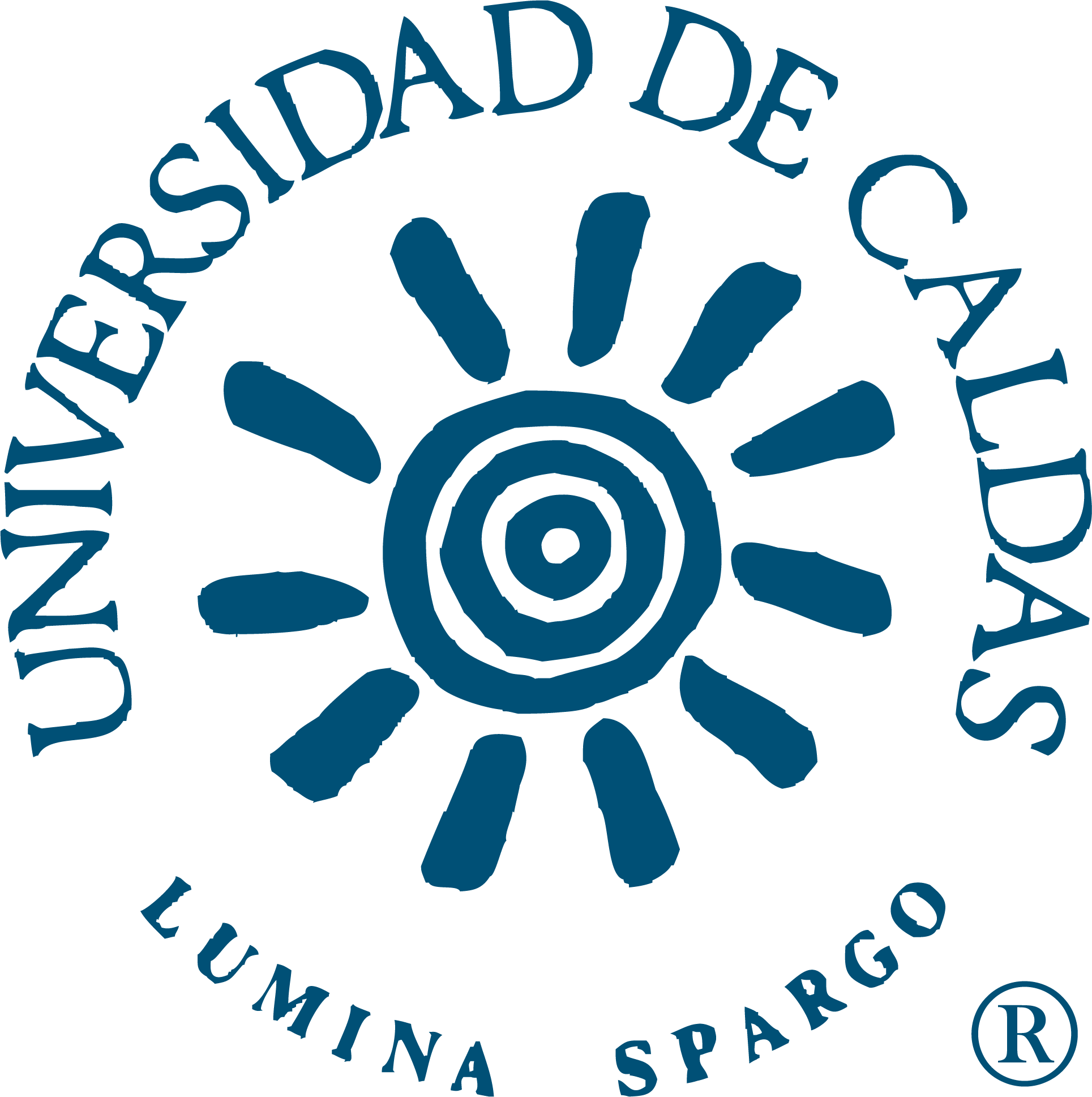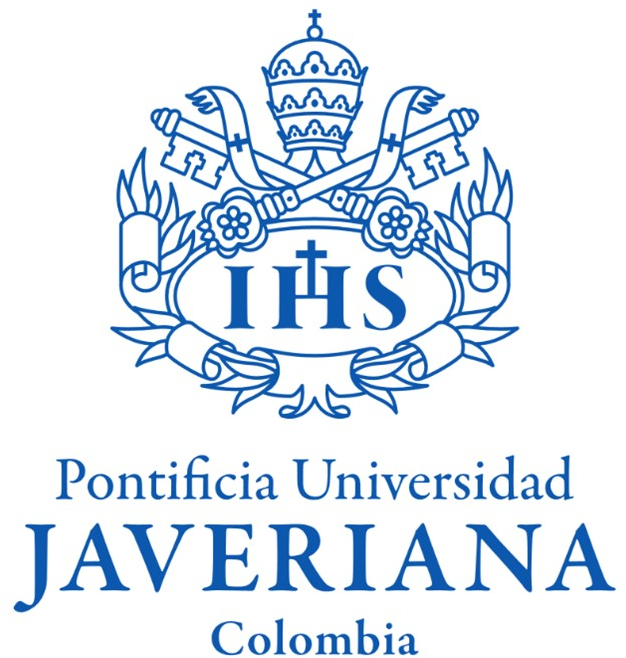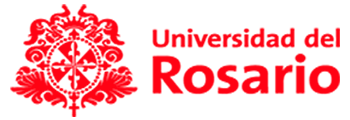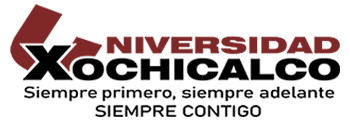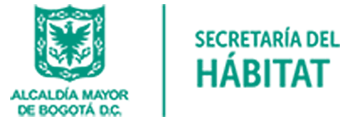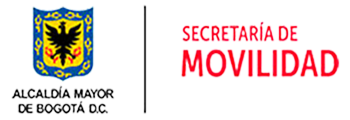Strategy for the Extraction of Knowledge to Support the Development of Urban Planning
DOI:
https://doi.org/10.5821/ctv.8261Keywords:
Knowledge management, Urban Morphology, Urban Planning, urbanismAbstract
This research is based on knowledge management (KM), to develop a strategy to support the development of plans and projects at the neighborhood level or improvement of the historic center. The strategy has been implemented in the old town of San Andreu in Barcelona and part of the results revealed the need to take advantage of the knowledge that urban managers/planners possess in urban planning issues. A strategy is conceptualized so that, in which it is feasible to plan, develop and implement the KM in urban planning issues. This strategy consists of three phases: the first, the analysis of the strategy, this is composed of three stages: the knowledge inventory, the knowledge map, and the network analysis, the second phase: the SWOT analysis and the last phase: The technological system. The information obtained from in-depth interviews is a basis for determining the knowledge inventory and thus, who is the holder of the fundamental knowledge is identified. The information obtained from the interviews is organized in the knowledge inventories to identify who are the holders of the fundamental knowledge. For the development of the project, data collection and knowledge extraction of one of the important and necessary axes for the preparation of the planning, the vision of the planner/manager of plans and projects for the improvement of neighborhoods or historical centers is carried out. This strategy proposes the extraction of the necessary knowledge for the development of urban planning at the neighborhood level or improvement of the historic center, here a combination of tools and some mixtures of knowledge-based system design techniques will be considered. The strategy aims to visualize the generation/transfer of knowledge of the three important axes (planner/manager, inhabitants of the field of study and urban morphology) necessary for the development of planning. From this stage, it is concluded that the main achievements or advances in knowledge obtained in terms of the KM system oriented to urban planning, highlight that the planners/managers have basic information online from computer software (Vista, Vissir, cadastre, registry, etc.), but some of them, such as, lack the social or the perception of the inhabitants of the neighborhood, it is also possible to emphasize that the time factor of the agents is an impediment to the execution process. The SWOT analysis facilitated the understanding of strengths and weaknesses, helps clarify and summarize the main issues and opportunities of the information obtained, and this facilitates the development of strategic thinking, allowed to effectively explore positive factors and neutralize or eliminate the effect of Negative factors, generates new ideas to help harness strengths. Finally, all the information generated from the strategy analysis and the SWOT analysis of the strategy was stored in the technological system for its easy management and use. This document discusses the relevance of the use of GC methodologies in the development of urban improvement plans, which, although it is a growing issue, there is evidence within the business or organizational sector that demonstrates that the KM is an instrument that provides added value on issues related to this sector. This research has shown the use of collaborative strategic planning for the resolution of urban planning problems at the neighborhood level or improvement of the historic center, which is of great importance, therefore, it is possible to guarantee that the KM, due to the results shown in this document, which although its greater application in a sector with different problems, can provide important information in solving urban problems, as is the case with strategic planning.


